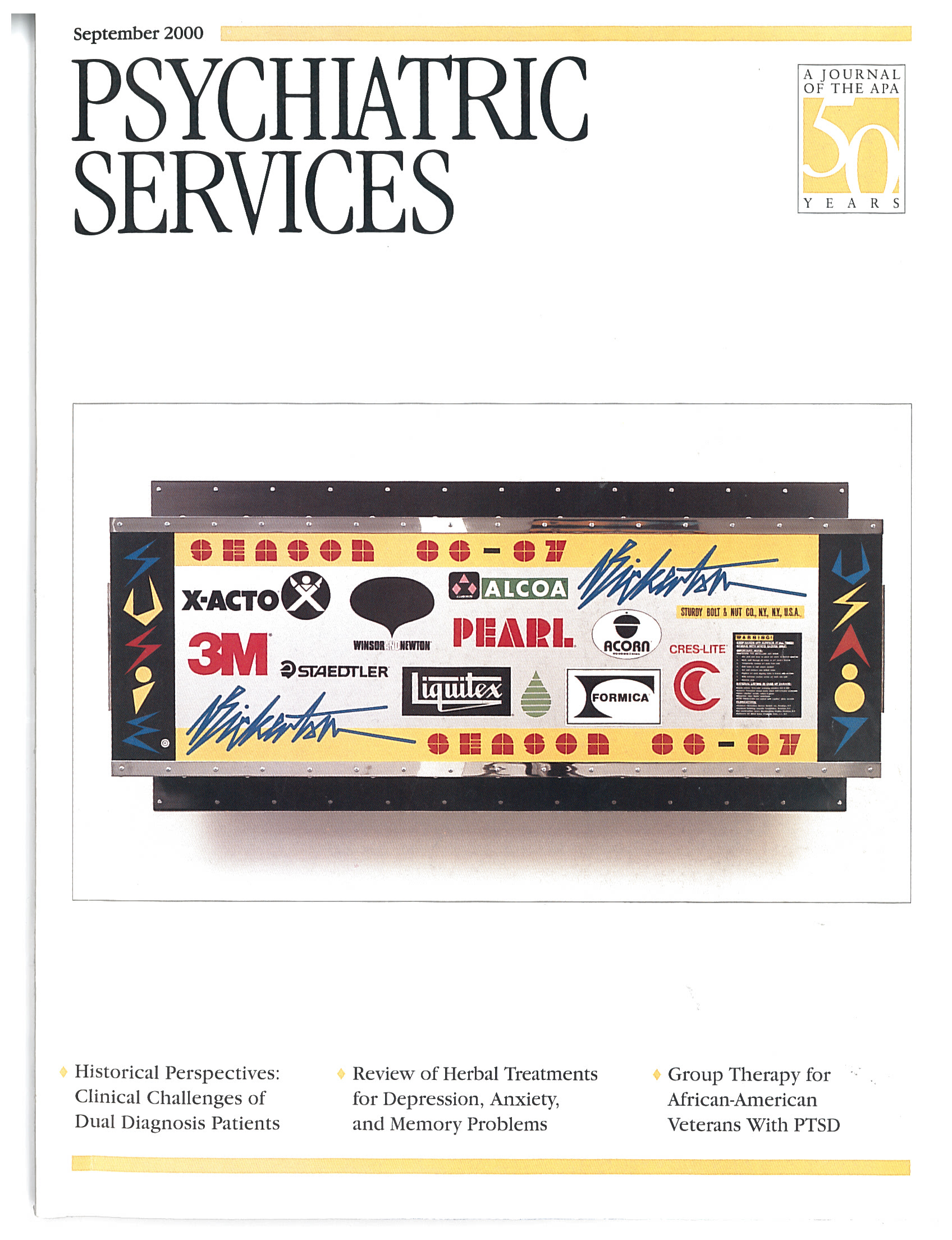The Case Management Relationship and Outcomes of Homeless Persons With Serious Mental Illness
Abstract
OBJECTIVE: The effect of the case management relationship on clinical outcomes was examined among homeless persons with serious mental illness. METHODS: The sample consisted of the first two cohorts that entered the Access to Community Care and Effective Services and Supports (ACCESS) program, a five-year demonstration program for mentally ill homeless persons funded by the Center for Mental Health Services in 1994. At baseline, three months, and 12 months, clients were characterized as not having a relationship with their case manager or as having a low or high therapeutic alliance with their case manager. Analyses were conducted to test the association between the case manager relationship at baseline, three months, and 12 months and clinical outcomes at 12 months. RESULTS: Multivariate analyses of covariance were conducted for 2,798 clients who had outcome data at 12 months. No significant associations were found between the relationship with the case manager at baseline and outcomes at 12 months. At three months, clients who had formed an alliance with their case manager had significantly fewer days of homelessness at 12 months. Clients who reported a high alliance with their case manager at 12 months had significantly fewer days of homelessness at 12 months than those with a low alliance, and those with a low alliance at 12 months had fewer days of homelessness than clients who reported no relationship with their case manager. Clients with a higher alliance at both three and 12 months reported greater general life satisfaction at 12 months. CONCLUSIONS: The study found that clients' relationship with their case manager was significantly associated with homelessness and modestly associated with general life satisfaction.



